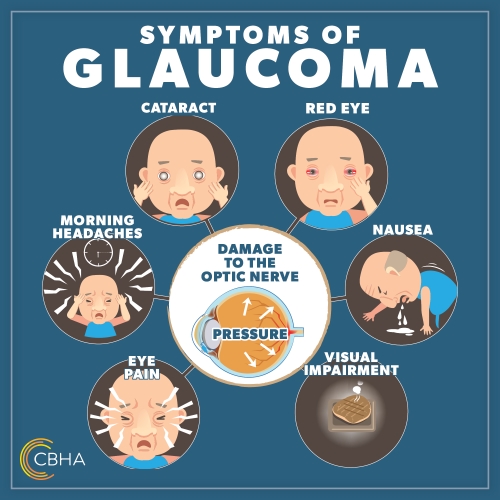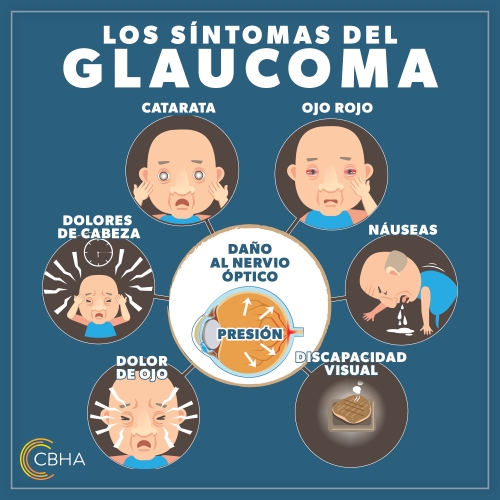Glaucoma - The Silent Thief of Sight
The leading cause of blindness for people over the age of 60 is Glaucoma. But, that doesn’t mean that it only affects them. Glaucoma can affect people of all ages, it doesn’t matter the age! Early detection is important, and seeing your optometrist yearly is highly recommended.
What Is Glaucoma?
Glaucoma, also known as The Silent Thief of Sight, is a group of eye conditions that damage the optic nerve. There aren’t very many signs that will show you have this disease, hence the nickname, but there are a few you can look out for to help stop the progress of it.
Symptoms
- Morning Headaches
- Cataract
- Red Eye
- Nausea and vomiting
- Visual Impairment in Glaucoma
- Eye Pain
How Do I Know If I Have Glaucoma?
“Unfortunately, most patients will not experience symptoms until the disease has progressed significantly. Visual loss or tunnel vision can be signs of advanced glaucoma,” says our Optometrist Dr. Jonathan Walker. “This is why an annual eye exam is so important to monitor any early signs!”
Who Is Most At Risk Of Developing Glaucoma?
“As we age, we are at an increased risk for developing glaucoma,” says , Dr. Walker. “Some factors such as family history, eye injuries, and diabetes can increase the risk.” Some groups have a greater risk of developing glaucoma, than others, like:
- Adults 60 and Older
- Individuals With a Family History of Glaucoma
- Diabetics
- Seriously Nearsighted People
- Latinos
- African-Americans
- Asian-Americans
Preventative Measures for Glaucoma
Because there is no cure to this sight stealing thief disease, there aren’t many preventative measures to prevent glaucoma. “Having a healthy lifestyle and wearing eye protection during risky activities can help prevent the development of glaucoma,” says Dr. Walker.
A few other ways to help prevent Glaucoma are by:
Schedule routine dilated eye exams
Dr. Walker recommends that individuals schedule comprehensive eye exams frequently. A regular dilated eye exam is probably one of the best proactive steps to detecting early glaucoma. It can really help with early treatment to prevent vision loss.
Understand your family history
People who have a genetic disposition for eye problems have a higher risk of developing glaucoma. If you have siblings, parents, or other relatives with this disease, talk to one of our optometrist about routine exams.
Wear eye protection
Eye injuries can also increase your risk of glaucoma. Always wear goggles, glasses, and other protective eyewear when using power tools or engaging in high-speed sports like tennis, baseball, etc.
What You Can Expect During Your Eye Exam
“During a regular exam a patient can expect to have your intraocular test, where we check the pressure inside your eye. The results will help us see if you have glaucoma," says Dr. Walker. “We will also do a retinal exam. During this exam we will assess the optic nerve to monitor for any signs of nerve loss.” If glaucoma is suspected additional testing will be scheduled.
Find out if you have glaucoma by scheduling your next eye care appointment with us today!
Or call/text us at 509-488-5256

